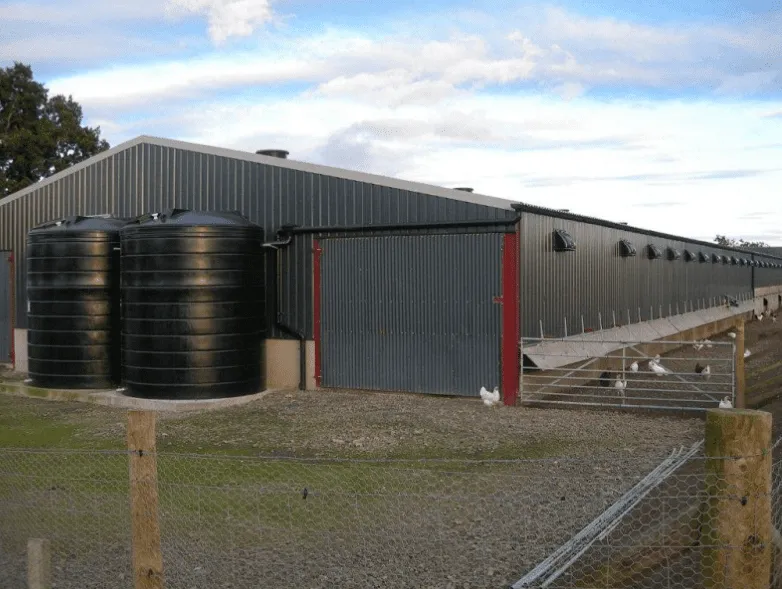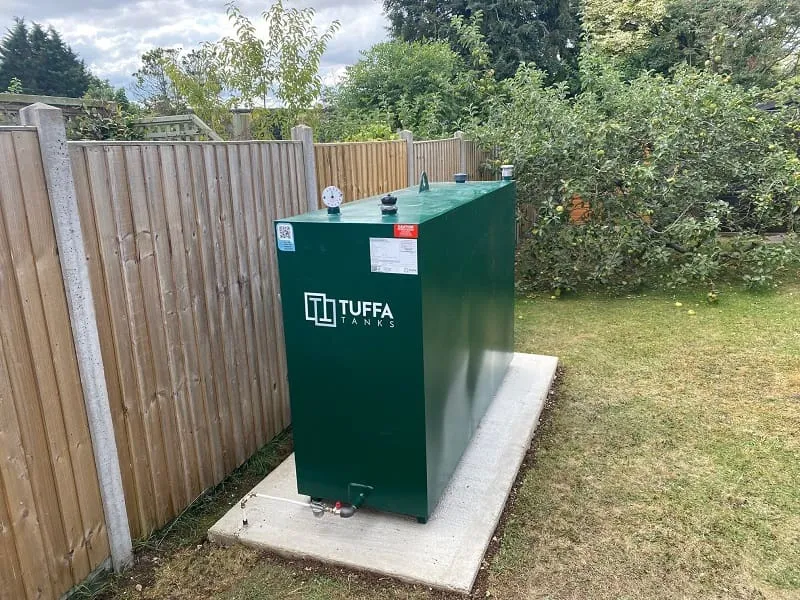Diesel accounts for around one-third of a fleet’s total running cost and improving fuel efficiency is a huge responsibility for transport operators. With large logistics companies operating hundreds or even thousands of vehicles throughout the UK, keeping fuel costs to a minimum is vital to ensure maximum profit margins. Even saving a few pence per litre makes a huge difference when the savings are multiplied by large fleets on long journeys. To put this into context, a HGV doing around 10MPG can clock up 100,000 miles annually. In this scenario, a saving of 3 pence per litre will ultimately save £1363.50 per HGV each year. This article suggests a few ways that to achieve a cheap price for your diesel, and how that diesel can make your fleet go further.
Fluctuations in Diesel Prices
Simply purchasing fuel during a price drop can significantly reduce fuel cost per litre. The Average Weekly UK Pump Diesel Price Graph shows just how much the average pump prices for diesel have fluctuated over the past 10 years with a range of 46 pence per litre – that’s a decrease of 31% from April 2012 to February 2016.

Oil price fluctuations occur for many reasons including supply & demand, exchange rates, natural disasters, and political unrest. Already in 2020 we’ve seen an oil price war between Saudi Arabia and Russia plunging oil prices by almost a third, swiftly followed by the spread of COVID-19 decreasing oil demand to the point that even the lowest possible oil production level resulted in greater supply than demand.
While anomalies like this cannot be predicted, calculating the mean average pump price for diesel over the past 10 and even 20 years does reveal a common trend which can be used to your advantage. The mean average pump prices for the past 10 years shows that certain months are consistently cheaper on average than others. Transport operators with the facility to bulk-store diesel can use this data to purchase fuel at a time with the highest probability of achieving the cheapest rates.

The bigger the storage capacity, the higher the saving
Fully benefiting from fluctuations in fuel prices is only possible with commercial diesel storage tanks. A large capacity tank can help you to be more selective in when you purchase fuel, and when prices do drop you can order a larger quantity of fuel at the cheaper rate. Another benefit of purchasing a larger tank than strictly necessary is to benefit from the incremental savings that fuel suppliers offer on the price you pay per litre. Typically, fuel suppliers will offer you discounts for larger fuel purchases in increments such as 1000, 2500, 5000, 7500, 10000, 15000, 18500, 24000, 30000 and 36000 litres.

When economy is the main factor of our 30,000 litre interlinked plastic diesel fuel station is the perfect solution as the highest capacity plastic bunded diesel tank on the market. This tank is extremely durable and is fitted with premium ancillary equipment but is available at a cheaper price than steel tanks. You may be surprised how quickly the greater initial cost from buying a higher capacity tank is outweighed by the additional savings. We also manufacture bunded steel diesel tanks in capacities from 5,000 to 100,000 litres as standard.
Fuel Management Systems
Getting the best price for diesel doesn’t end after you’ve purchased the fuel – it’s also about improving fuel efficiency to get the most value out of every litre. That’s why our plastic and diesel fuel stations are available with a Horn fuel management system, only enabling authorised users to dispense fuel from the tank via a pin code or magnetic key system. This means that every litre can be accounted for reducing the temptation and risk of fuel theft. The system also comes with software enabling you to maintain, control and monitor fuel consumption and stock levels.
Improving Fuel Efficiency
With this data at your disposal you can start to calculate fuel consumption for specific drivers and journeys. These insights will prove indispensable by allowing you to implement schemes aimed at reducing fuel consumption and be able to track the results. Some of the top schemes we’ve found to improve fuel efficiency range from fuel-saving tips and training courses, to bonus schemes based on rewarding fuel efficiency. These fuel savings plans can come straight from the top, or by appointing a ‘Fuel Champion’ tasked with creating fuel efficiency initiatives and a company culture where drivers aspire to save fuel.

Ultimately, improving your companies’ fuel economy entails purchasing fuel when prices are low and having a big enough storage capacity to maximise the benefits of bulk buying fuel. It’s also about educating and incentivising drivers so they know and adhere to best practices for fuel efficiency.
For more diesel storage advice including storage regulations, how to prolong your diesel’s lifespan and the types of diesel tank available you can check out our Expert Guide to Diesel Storage. Alternatively, to request a quote for a diesel fuel station or for more information contact our Sales Support team by emailing [email protected], calling 01889 567700 or use the enquiry form below.





























